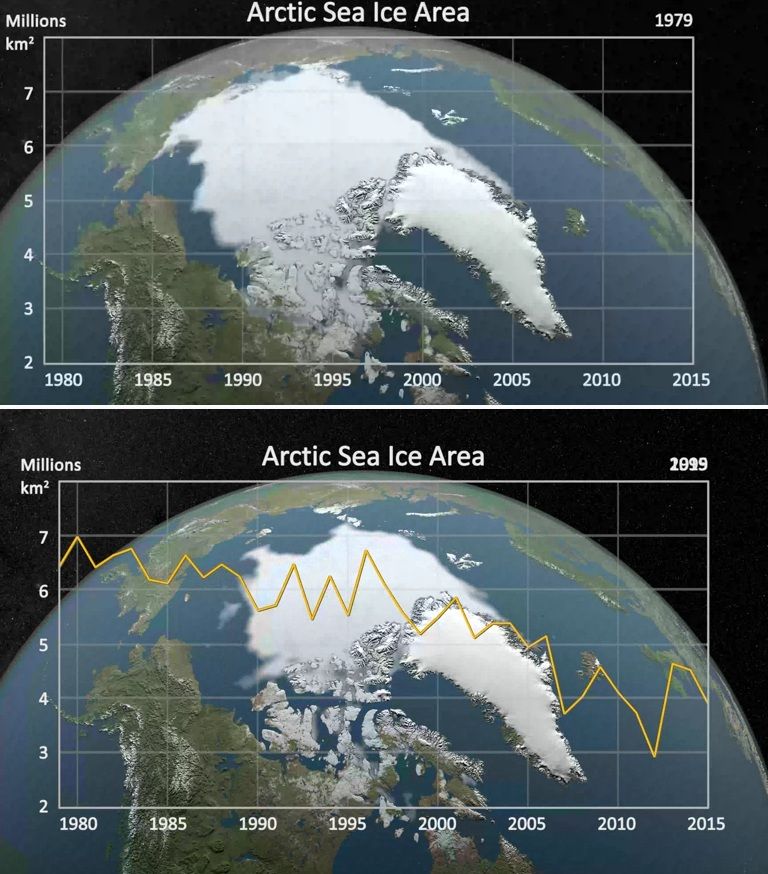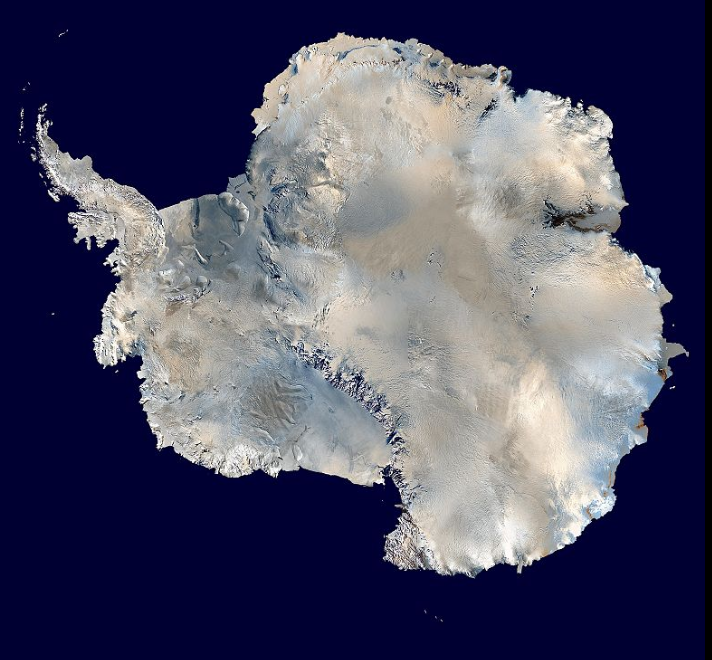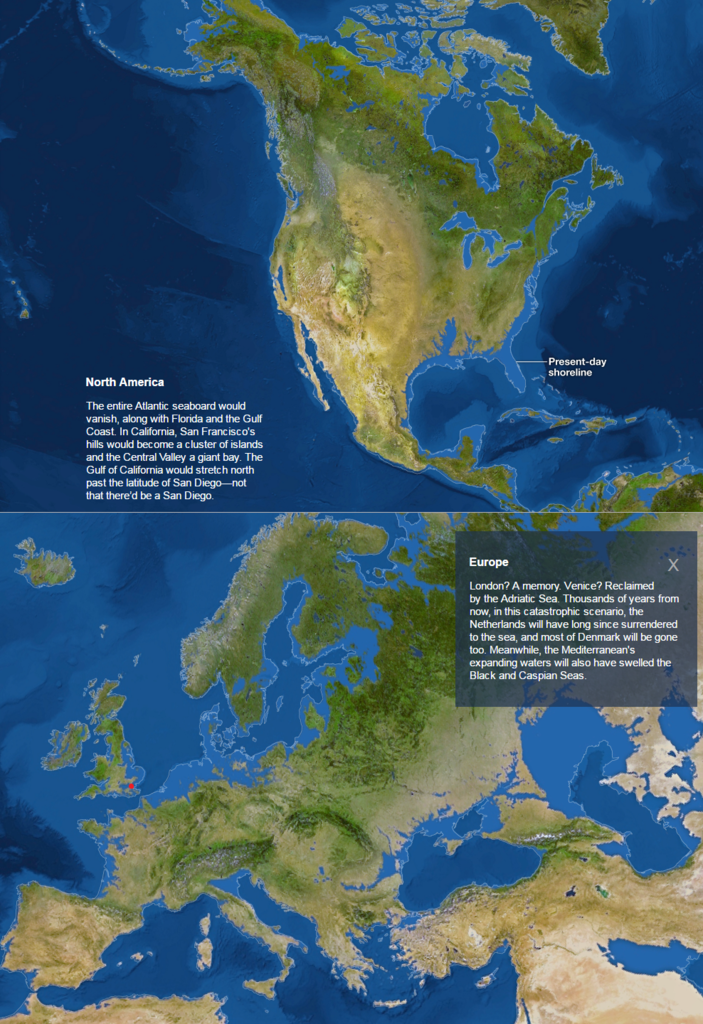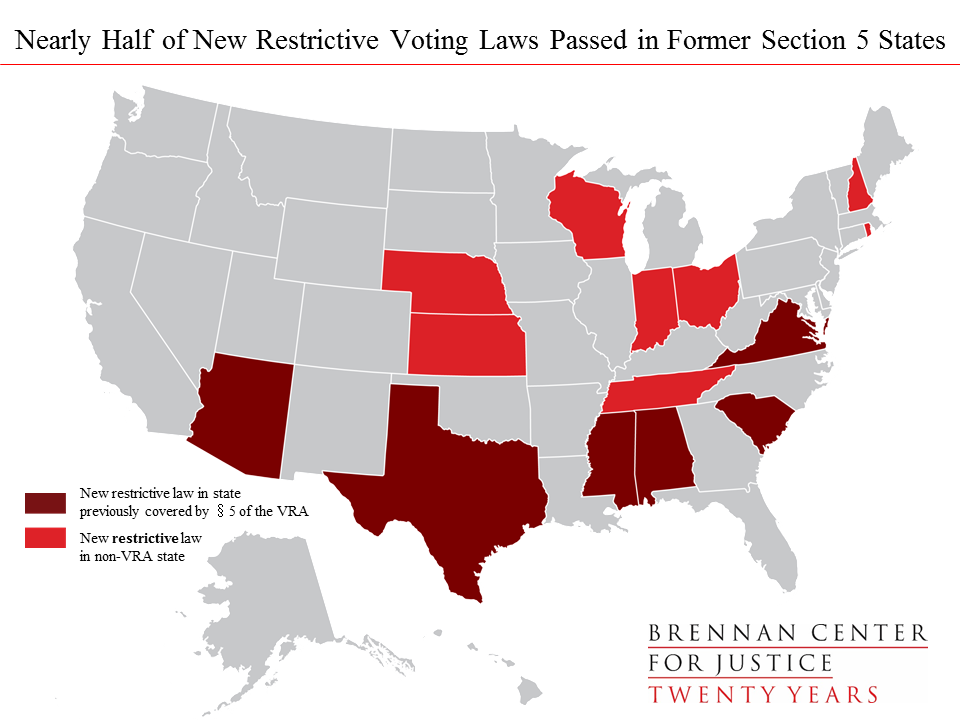Subject: Climate Change.
Author:
Posted on: 2016-11-14 09:48:00 UTC
(I'm not even going to touch the way you present gayness as in any way comparable to thinking lynching black people is awesome. Just, not with a barge pole.)
1/ Richard Lindzen. According to Wikipedia's quoting of the New York Times, "'He agrees that the level of [carbon dioxide] is rising because of human activity and that this should warm the climate.' He also believes that decreasing tropical cirrus clouds in a warmer world will allow more longwave radiation to escape the atmosphere, counteracting the warming." So his stance is that people are causing climate change and that unverified factors will counteract this.
Glancing over the abstracts of his papers (references 9 and 51 on his Wikipedia article), his data seems very lacking: the first paper claims his proposed negative feedback has not been replicated by later testing, while the second (link) says his data is not from the same radiation he wants to talk about. So no, I don't particularly trust Richard Lindzen Against The World, now that I've read what he actually wrote.
2/ No-one is claiming we're going to turn Planet Earth into Venus 2.0; that's pure hyperbole on your part. What the entire scientific system is telling you is that Earth's ecosystems are fragile. Twelve thousand years ago, the Sahara Desert was a fertile landscape; natural climate change turned it into a band of yellow acros the entirety of North Africa.
And the Earth is fine with that. It doesn't care if the Sahara's dry or if there's rainforests in Antarctica. The planet - and life on it - will survive, and flourish.
But if we destroy the ecosystem around us, if we become the Sixth Mass Extinction, then that is (to slip into Christian idiom) a vile sin indeed, a violation of one of the very first commands ever given to humanity: to rule over the Earth, not to destroy it. Worse - we're part of the ecosystem we're endangering. Our food animals, our food plants, are part of it. If we push through this incredible shift in the climate, we stand a very good chance of wiping our civilisation, and quite possibly our species, out for good.
In the first Science of Discworld book (from memory), there is a perfect quote which sums up this position: "We can't destroy the planet. We might just be able to save ourselves."
3/ But let's assume we don't feel the least bit of guilt about genociding entire branches off the tree of life, and that we all decide locusts are the best meat or whatever. In four pictures, here's why allowing the planet to warm - regardless of whether it's our fault - is still catastrophic.
1 & 2: Arctic sea ice minimum in 1979 and 2015. The graph plots said minimum. Note that since sea ice floats, this is not causing an increase in sea level.
3: Antarctica, noted for being covered in 6.4 million cubic miles of ice. Note that, as yet, this has not started receding in the same way (I blame the heat-sink effect of it being on land), but that it exists on the same planet as the North Pole.
4: Maps of North America and Europe if all that ice melted and precipitated a ~58 meter sea level rise. I've helpfully marked my house on the Europe one (it's underwater).
This is an extreme - or rather, it's an endpoint. As I said in point 2, it's happened before - during the Cretaceous, when most of Europe was an island chain, and North America had an ocean running through the middle of it. But even a fraction of that sea level rise - when, not if, Antarctica gets in on the mass melting act - will be an unimaginable disaster for places like, oh, the cities that America has built all along its coasts?
4/ Copernicus: actually, it used to be the enforced religious opinion that the Sun revolved around the Earth. Copernicus was a priest who struggled with that fact his whole life, and only published on his death bed because of it. Galileo wrote essays which convinced most scientists, and led to him being tried by the Inquisition, banned from writing or teaching his theory, and being placed under house arrest. So no, Geocentricism wasn't the majority opinion - it was a religious doctrine which scientists had not yet researched. Do you want to try and claim that climate change hasn't been looked into...? Thought not. ;)
(If you're interested in Copernicus and Galileo, by the way, I cannot recommend Dava Sobel's books A More Perfect Heaven and Galileo's Daughter highly enough. She makes it clear - particularly in the latter, which is built around letters from his Catholic nun daughter - that both men were deeply religious, and didn't have the slightest intent of breaking with the Church - they just wanted to discover the truth about the universe around them.)
hS












